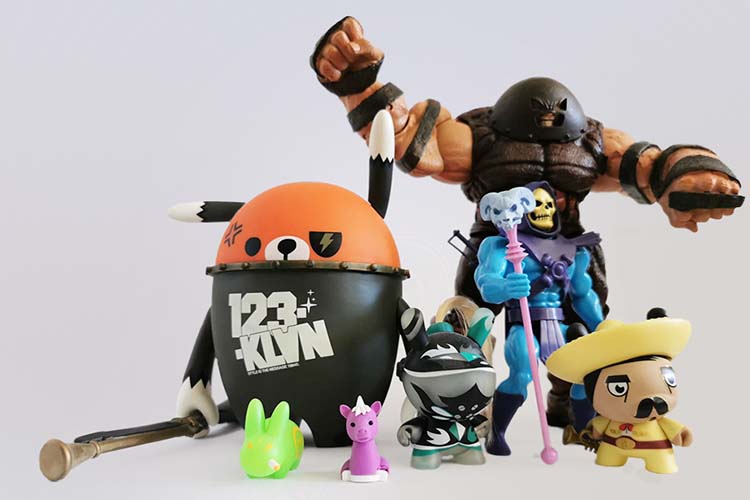If you ask me why I, with a master’s degree in liberal arts, am now working as a junior communication consultant at 3kubik, here’s the answer:
“I wanted to work in one of those emerging multicompetence teams (MKT) and add another perspective to solution approaches.”
Florian Münchow, Junior Communications Consultant
For a group consisting of diverse characters, biographies and skills to become a team that can unleash its full potential, certain prerequisites are needed. Like the following five.
Softskills
It’s a feat for some of us to repeatedly raise our hands from the quiet corner in the video call and say where we stand. The challenge with such social interactions in the digital space is to balance rigorous and annoying. After all, no topic needs repetitions of the same content over and over again, nor does every discussion need every comment. Nevertheless, the following applies: Only those who clearly take a position can be correctly assessed by others.
A functioning team
Unfortunately, there is no universal recipe that can be presented to the world’s top executives for putting together their teams. You will search in vain for instructions along the lines of “Take three IT specialists, four business specialists, a sociologist and an artist, then spice it all up with one or three student workers and you have the perfect team! Rather, the appropriate specialists are needed for specific tasks. The ratio of visionaries, doers and critics must be right.
Rules of communication
The process of successful communication in multicompetence teams can take a long time. On the one hand, different skillsets come together, as do different cultural concepts and different values.
Every team needs communication rules to guide it. These rules can be manifested or they can be open-ended. Communication is a fluid process that can also be subject to agile rules – but a consensus on the communication culture greatly facilitates the exchange.
Regular reflection on the existing rules helps to solidify them and adapt them to the needs of the team. Social interaction and team building included!
Collaboration tools
Those who harmonize interfaces of the individual task areas within a project win! Work results that fit together and move the project forward create a good mood among colleagues. Process-supporting tools increase productivity as well as the satisfaction of all participants. A predefined standard in the basic tasks that applies to everyone is the foundation from which the team can also specialize in its tools.
Corporate culture: What do MC-Teams do for corporate culture?
Based on my personal observations, I would say that a multicompetence team has the potential for particularly intensive cooperation. If the expertise in the team is broadly diversified right from the start, competitive behavior and the knowledge sovereignty often associated with it are reduced. Furthermore, in a diverse skillset, the drivers communication, collaboration and culture mutually potentiate each other and bring a project to success.
Multicompetence teams are not something you afford, but something you consciously choose.
